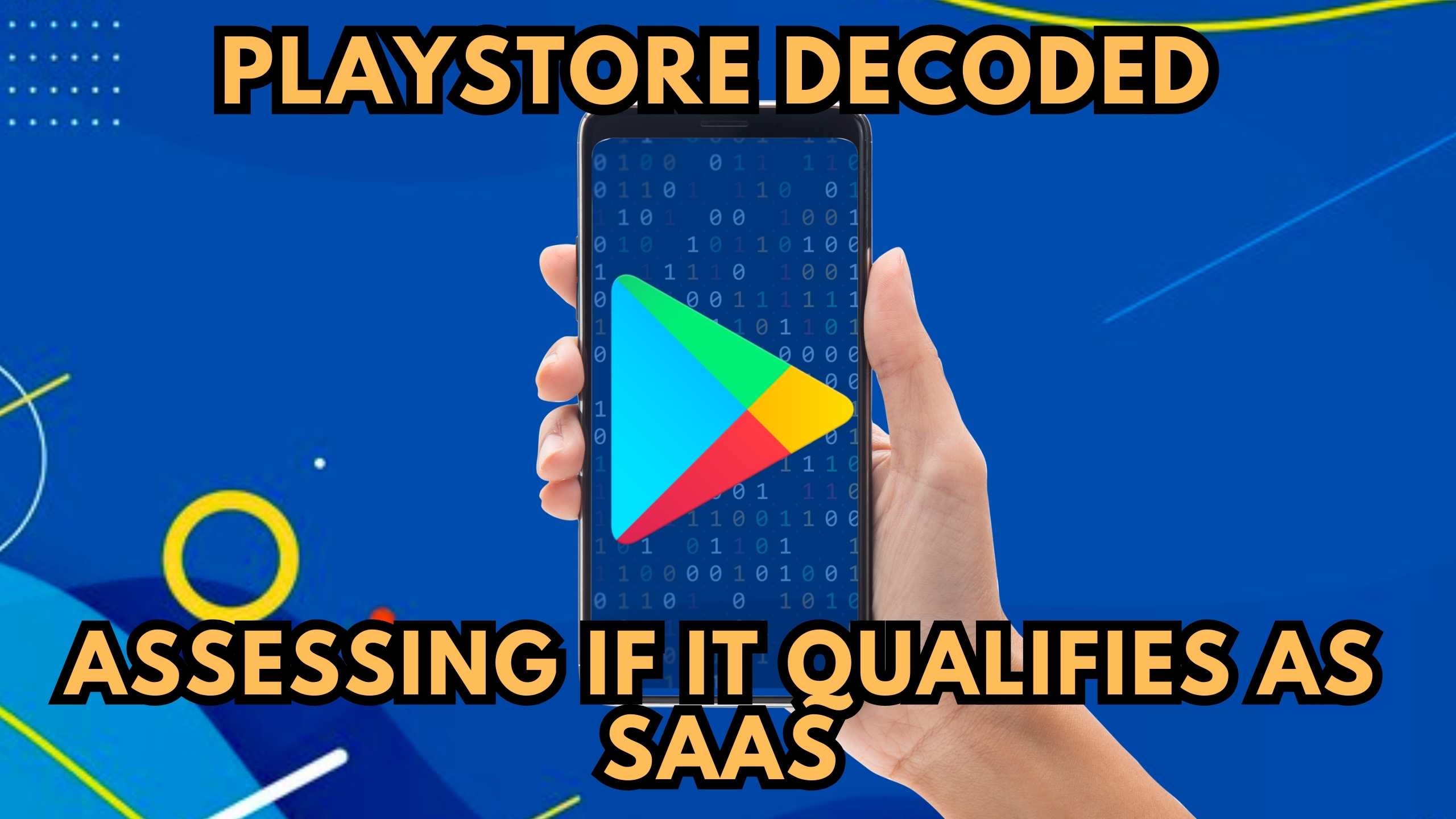Playstore Decoded: Assessing if it Qualifies as SaaS
- Expense Management Software Credit Cards Investing Business Solutions


Playstore Decoded: Assessing if it Qualifies as SaaS
The Google Play Store, an integral part of the Android ecosystem, stands as a dynamic marketplace for applications, offering a vast array of functionalities to users worldwide. However, the question often arises: Can the Play Store be classified as Software as a Service (SaaS)? This exploration delves into the Play Store, critically examining its impact on the world of SaaS and its underlying layers. Additionally, we’ll identify relevant SaaS tools that seamlessly integrate with the Play Store ecosystem, enhancing user experiences and developer capabilities.
Is Play Store a SaaS?
The Play Store, at its core, doesn’t align precisely with the traditional definition of SaaS. Unlike typical SaaS platforms, the Play Store serves primarily as a marketplace for software distribution rather than subscription-based service access. It serves as the gateway for users to discover, download, and update applications for their Android devices. Though not directly fitting the SaaS mold, it plays a pivotal role in distributing and managing SaaS applications in Android.
The Play Store Ecosystem
- App Distribution Hub: The primary function of the Play Store is to act as a centralized hub for distributing Android applications, encompassing a vast array of categories and functionalities.
- In-App Purchases: Developers leverage the Play Store for in-app purchases, providing a revenue model for both app creators and Google. This monetization strategy is integral to the ecosystem.
- Automatic Updates: The Play Store ensures that installed applications receive timely updates, enhancing security, fixing bugs, and introducing new features seamlessly.
Relevant SaaS Tools Enhancing the Play Store Experience
While the Play Store itself may not be a SaaS, numerous SaaS products complement the Android app ecosystem. Here are five such tools:
- Firebase by Google: A comprehensive mobile and web application development platform that integrates seamlessly with the Play Store, offering features like cloud messaging, authentication, and real-time database capabilities.
- Instabug: An in-app feedback and bug reporting tool that enhances user engagement and aids developers in identifying and resolving issues promptly, ensuring a smoother app experience.
- AppsFlyer: A mobile attribution and marketing analytics platform that enables developers to track the performance of their apps on the Play Store, optimizing marketing strategies for better reach and engagement.
- CleverTap: A mobile marketing platform that helps businesses create personalized user experiences, boost user engagement, and drive retention within their Play Store-hosted applications.
- Google Analytics for Mobile Apps: A powerful analytics tool tailored for mobile apps, providing insights into user behavior, acquisition sources, and app performance for developers leveraging the Play Store.
Conclusion
In conclusion, the Google Play Store itself may not fall under the SaaS category, but it serves as a vital conduit for SaaS applications on the Android platform. As businesses continue to leverage the Play Store for app distribution, the integration of relevant SaaS tools enhances the overall user experience, analytics, and marketing strategies.
Supercharge Your Mobile App Strategy with Subscribed.fyi
Ready to optimize your app’s presence on the Play Store? Sign up for Subscribed.fyi and unlock exclusive deals on SaaS tools like Firebase, Instabug, AppsFlyer, CleverTap, and Google Analytics for Mobile Apps. Streamline your app development and marketing efforts for unprecedented success. Unlock Mobile App Deals Now!
Relevant Links:








